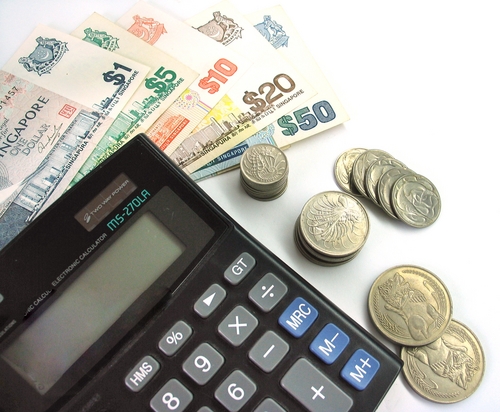
Inflation impacts only a minority in Singapore
MAS reiterates that inflation has little effect on those that own homes and do not pay rent, and those that are not new car buyers.
In a letter released by MAS, Mrs. Cindy Keng, Director of Corporate Communications of the Ministry of Trade and Industry, responds to Mr Ng Boon Chye's published piece in the Straits Times dated 26 Apr 12, “What’s the plan to blunt spike in domestic inflation.”
Keng says that while Singapore’s inflation rate is currently high, its impact on the majority is much less than suggested by the headline numbers. Of the 5.2% increase in the Consumer Price Index in March 2012, about 1.8 percentage points was accounted for by the increase in imputed rental costs of owner-occupied housing. As the majority of resident households in Singapore own their homes, they do not actually incur rental expenditure. Likewise, the sharply higher COE premiums for the first three months of this year affected around 8,000 new car buyers, or a small proportion of resident households.
Keng goes on to say that nonetheless, inflation is currently higher than what Singapore has seen historically and the Government and MAS remain committed to bringing it down. MAS tightened its monetary policy stance further in April 2012. A stronger Singapore dollar not only caps imported inflation, but also moderates the external demand for our goods and services, thereby also reducing pressures of demand in the labour market and for other domestic resources such as space.
Over the medium term, this should ease domestic price pressures. The government has also implemented various macroprudential measures to cool the property market. Although the CPI index does not reflect property prices, the cooling of the property market should over time help to bring down other domestic costs. In the meantime, the Government has also been providing households with cash transfers that help cushion the impact of rising costs.
To view related article on inflation, click here.
























 Advertise
Advertise






